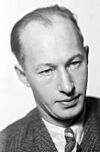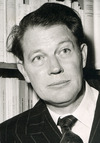Nobel Prize in Literature facts for kids
Quick facts for kids Nobel Prize in Literature |
||||
|---|---|---|---|---|
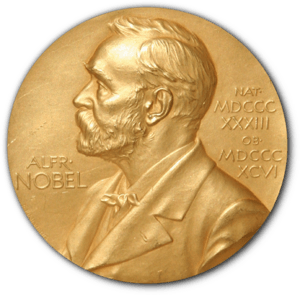 |
||||
| Presented by | Swedish Academy | |||
| Location | Stockholm, Sweden | |||
| Reward | 11 million SEK (2023) | |||
| First awarded | 1901 | |||
| Last awarded | 2024 | |||
| Currently held by | Han Kang (2024) | |||
|
||||
The Nobel Prize in Literature is a special award given each year to a writer from any country. It started in 1901. The prize honors authors who have created the "most outstanding work in an idealistic direction" in literature. This idea came from the will of a Swedish inventor named Alfred Nobel.
Even though some specific books might be mentioned, the award is usually given for an author's entire collection of works. The Swedish Academy in Sweden decides who wins this important prize. The winner's name is usually announced in early October. This prize is one of the five original Nobel Prizes that Alfred Nobel created.
Contents
What is the Nobel Prize in Literature?
The Idea Behind the Prize
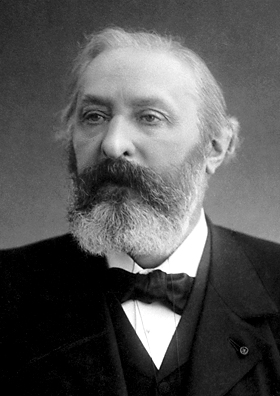
Alfred Nobel was a Swedish inventor who created dynamite. He wanted his money to be used to help humanity. In his last will, written in 1895, he said that prizes should be given in different fields. These fields included physics, chemistry, peace, physiology or medicine, and literature.
Nobel left a lot of his money to set up these prizes. It took some time for his will to be approved. Finally, in 1897, the Norwegian Parliament approved it. The Nobel Foundation was then created to manage Nobel's money and organize the prizes.
Who Decides the Winner?
The Swedish Academy is the group that chooses the winner of the Nobel Prize in Literature. This was decided by the rules of the Nobel Foundation in 1900. The Academy is made up of 18 members who are chosen for life.
How Winners Are Chosen
Nomination Process

Each year, the Swedish Academy asks people to suggest writers for the Nobel Prize in Literature. People who can nominate include members of the Academy, literature professors, and past Nobel winners. Writers cannot nominate themselves.
In the early years, there were about 20 to 35 nominations each year. Now, thousands of requests are sent out, and hundreds of suggestions are returned. These suggestions must be sent to the Academy by February 1st.
Selecting the Laureate
After nominations are received, a special group called the Nobel Committee in Literature reviews them. This committee has four or five members from the Academy. By April, they narrow the list down to about 20 candidates. By May, they choose a shortlist of five names.
The next few months are spent reading and studying the works of these five writers. In October, the members of the Academy vote. The writer who gets more than half of the votes wins the Nobel Prize in Literature. Sometimes, if no one gets enough votes, the prize might be announced the following year. This happened in 2018 due to some issues within the Academy.
The Prizes Awarded
What Winners Receive
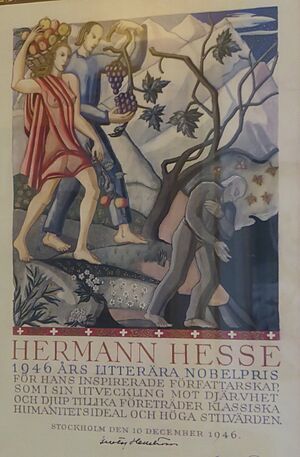
A Nobel Prize in Literature winner receives a gold medal, a special diploma, and a sum of money. The amount of money can change each year. For example, in 2023, the prize was 11 million SEK. If two people share the prize, the money is split equally between them.
The winner is also invited to give a lecture during "Nobel Week" in Stockholm. The main event is the prize-giving ceremony and a big dinner on December 10th.
The Medal and Diploma
The Nobel literature medal has a picture of Alfred Nobel on one side. The other side shows a young man writing under a tree, listening to a muse (a source of inspiration). It has a Latin phrase that means "It is beneficial to have improved human life through discovered arts." The winner's name is also on the medal.
Each Nobel diploma is unique. It is designed by the prize-awarding groups for each winner. The diploma includes a picture and text that explains why the person received the prize.
Nobel Laureates in Literature
Who Has Won?
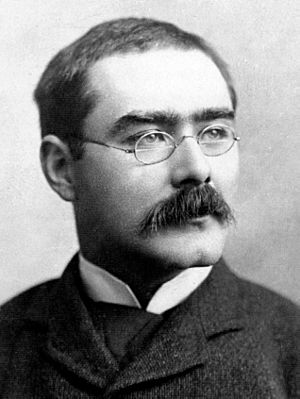
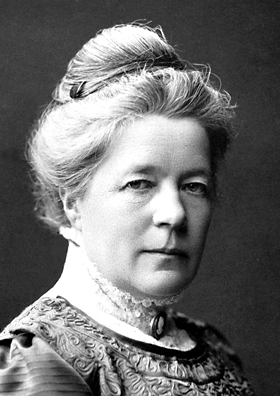
Between 1901 and 2024, the Nobel Prize in Literature has been awarded 116 times to 121 different people. Most winners have been men (103), but 18 women have also received the prize. The prize has been shared between two people four times. It was not awarded in seven different years.
Winners have written in 25 different languages. The youngest winner was Rudyard Kipling, who was 41 years old when he won in 1907. The oldest winner was Doris Lessing, who was 88 when she won in 2007. Only one person, Erik Axel Karlfeldt in 1931, received the prize after they had passed away.
A few writers have turned down the prize. These include Erik Axel Karlfeldt in 1919, Boris Pasternak in 1958 (due to pressure from his country), and Jean-Paul Sartre in 1964.
How "Idealism" is Understood
Alfred Nobel's will said the prize should go to work "in an idealistic direction." This phrase has been understood differently over the years.
- In the early days, "idealism" meant supporting traditional values like church, state, and family.
- In the 1920s, it meant a "wide-hearted humanity."
- In the 1930s, it meant writers whose work was easy for everyone to understand.
- After 1946, the Academy started to honor writers who were pioneers and changed literature.
- Since the 1970s, the Academy has often recognized important writers who might not be well-known internationally.
- Since 1986, the Academy has tried to award authors from all over the world, not just Europe or English-speaking countries. This led to winners like Wole Soyinka from Nigeria and Toni Morrison from the United States.
The Nobel Prize in Literature can be shared by two people, but it doesn't happen very often. The Academy usually prefers to give the prize to one person. Shared prizes have happened only four times in total. The most recent shared prizes were in 1966 and 1974.
Honoring Specific Works
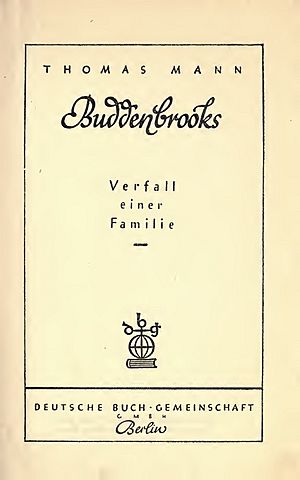
While the prize is usually for an author's entire life's work, sometimes the Academy mentions a specific book. For example, Thomas Mann won in 1929 mainly for his novel Buddenbrooks. Ernest Hemingway won in 1954 for his skill in storytelling, especially for The Old Man and the Sea.
Secret Nominations
The names of nominated candidates are kept secret for at least 50 years. So, if you hear rumors about who might be nominated, you'll have to wait a long time to find out if they were true!
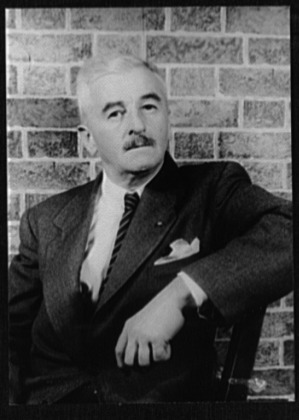
Most candidates are considered for many years. However, some authors have won the prize after being nominated only once. This happened to William Faulkner in 1950.
Media Attention
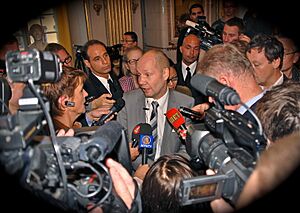
From the very beginning, the Nobel Prize in Literature has received a lot of attention from newspapers and media around the world. Winners like Rudyard Kipling and Rabindranath Tagore helped make the prize famous globally.
Today, the announcement of the Nobel literature winner is a big news event. People often guess who might win, and surprising choices can lead to a lot of discussion in the media.
Other Important Literary Prizes
The Nobel Prize in Literature is not the only international award for writers. Other notable prizes include:
- The Neustadt International Prize for Literature: This is often called the American equivalent of the Nobel Prize. It also honors an author's entire body of work. Many writers have won the Neustadt Prize before winning the Nobel Prize, like Gabriel García Márquez and Tomas Tranströmer.
- The International Booker Prize: This prize has become very important. Since 2016, it recognizes a book of fiction translated into English each year.
- The Spanish Princess of Asturias Award in Letters: This award used to be mainly for Spanish-language writers but now includes writers from other languages too.
- The Hans Christian Andersen Award: This award is sometimes called "the Little Nobel" because it honors the lifetime work of writers, but it focuses specifically on children's literature.
See also
 In Spanish: Premio Nobel de Literatura para niños
In Spanish: Premio Nobel de Literatura para niños
- List of Nobel laureates in Literature
- List of Nobel laureates
- List of literary awards
- World literature


